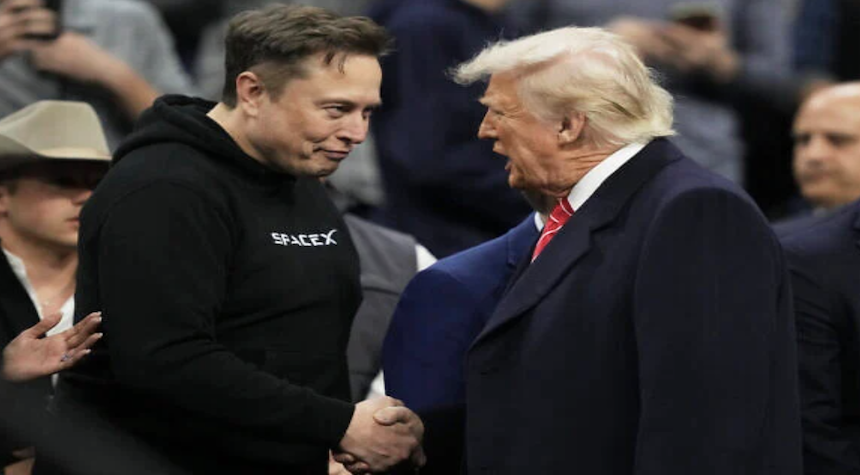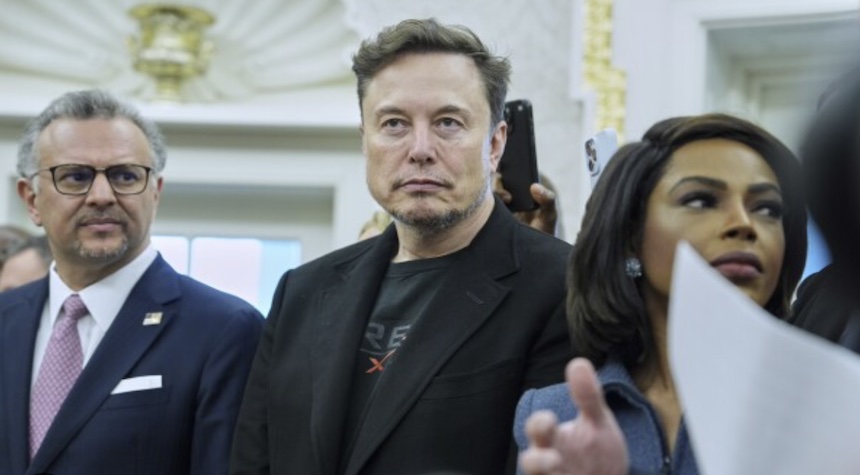Elon Musk, the billionaire entrepreneur and top adviser to President Donald Trump, is stepping down from his role in the administration. He announced this decision on social media, citing the end of his scheduled time as a Special Government Employee, and thanking the President for the opportunity to reduce wasteful spending.
This comes in the wake of Musk’s critique of the central piece of President Trump’s legislative agenda, which he has controversially dubbed his “big beautiful bill”. Musk expressed his disappointment with the legislation, which is a mix of tax cuts and enhanced immigration enforcement, and referred to it as a “massive spending bill”.
Musk’s departure coincides with a time of increasing political tension, as Republicans recently pushed the measure through the House and are now debating it in the Senate. The legislation has garnered mixed reactions, with some Republican lawmakers sharing Musk’s concerns.

The significance becomes clear when we consider Musk’s role in the administration. He saw his government work as an opportunity to reshape Washington, often talking about excessive spending as an existential crisis. He often tended to be effusive in his praise of Trump.
Musk’s decision to step back from his government role aligns with his plans to refocus on his companies like Tesla and SpaceX. He also expressed his intention to reduce his political spending.
It remains unclear what impact Musk’s departure and his comments about the bill will have on the ongoing legislative debate. His latest criticism could embolden Republicans who want bigger spending cuts.
Musk, once a top adviser, is no longer part of the administration. His departure raises important questions about the future of the legislation and the potential impact on the Trump administration’s agenda. The story unfolds this way, with more developments surely to come.


